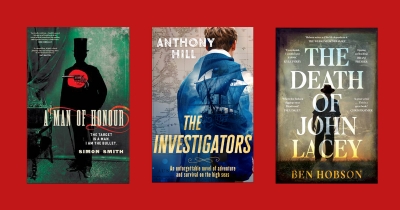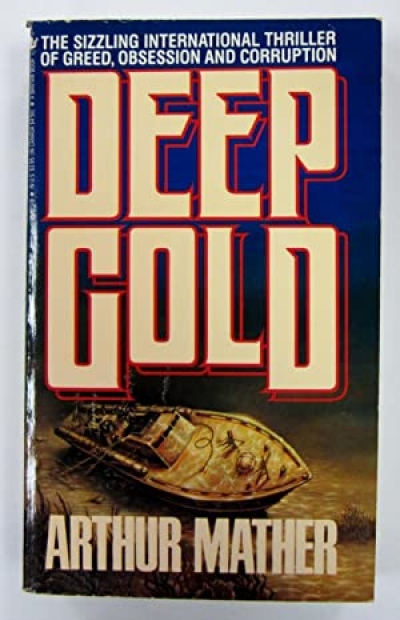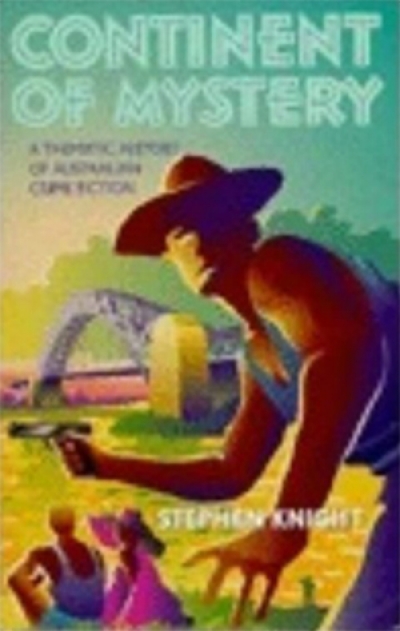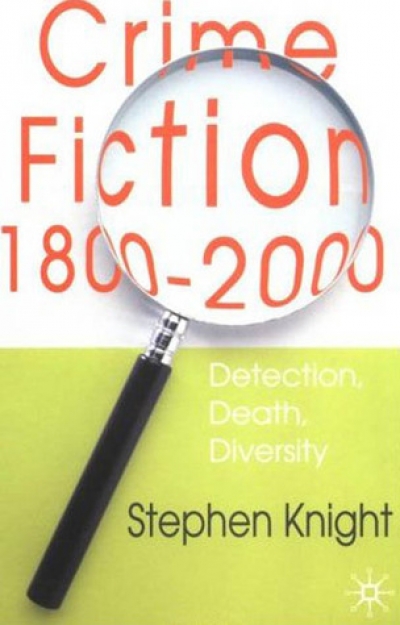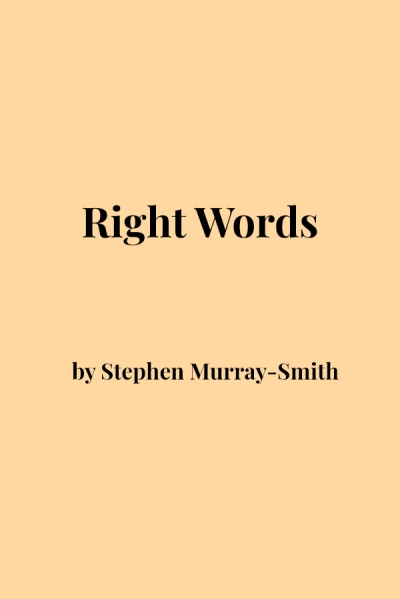Stephen Knight
A Man of Honour by Simon Smith & The Death of John Lacey by Ben Hobson
by Stephen Knight •
Deep Gold by Arthur Maher & Seven Miles from Sydney by Lesley Thomson
by Stephen Knight •
Wildlife film-makers Richard Southeby and his wife Nicole Vander are filming a duck hunt at Great Dismal Swamp, North Carolina, where Greenpeace demonstrators plan to make their presence felt. Their fanatical leader, Simon Rosenberg, has a flowing beard and deeply troubled eyes. His idea is to get his troops in front of the guns, really provoke the shooters and obtain maximum publicity. Remind you of anyone? But then in the early stages of filming, Nicole is blown away into the swamp by an unseen assassin. Who’s responsible? Greenpeace crazies? Duck hunters? Or an international hired hitman known as the Jaguar? You guessed right.
... (read more)Continent of Mystery: A Thematic History of Australian Crime Fiction by Stephen Knight
by Stuart Coupe •
Crime Fiction by Stephen Knight & The Cambridge Companion to Crime Fiction edited by Martin Priestman
by Rick Thompson •
Right words: A guide to English usage in Australia by Stephen Murray-Smith
by Stephen Knight •

